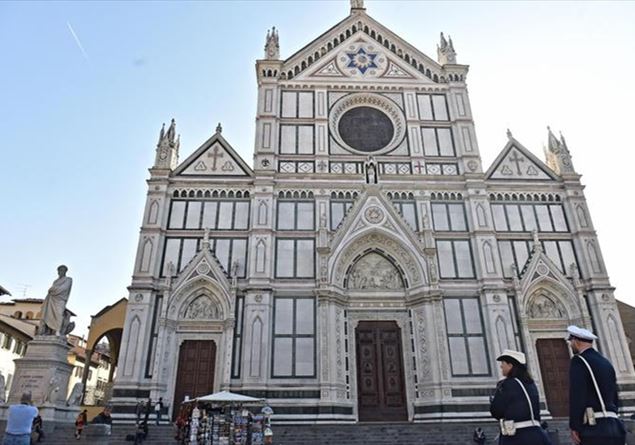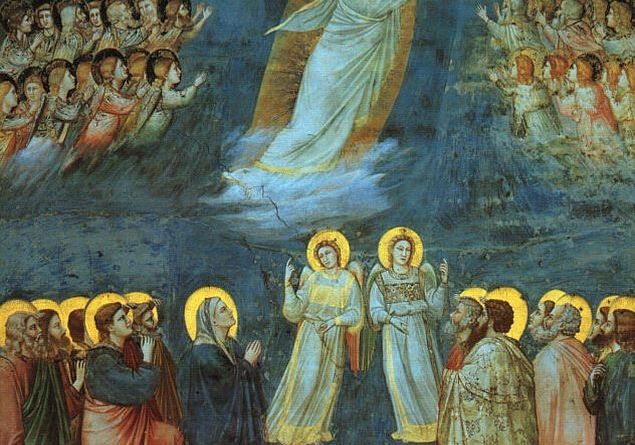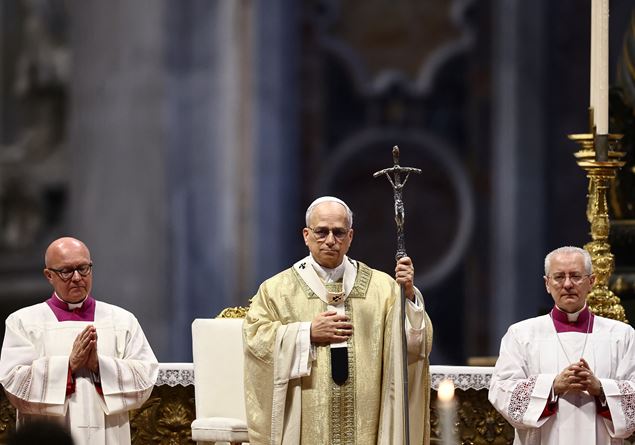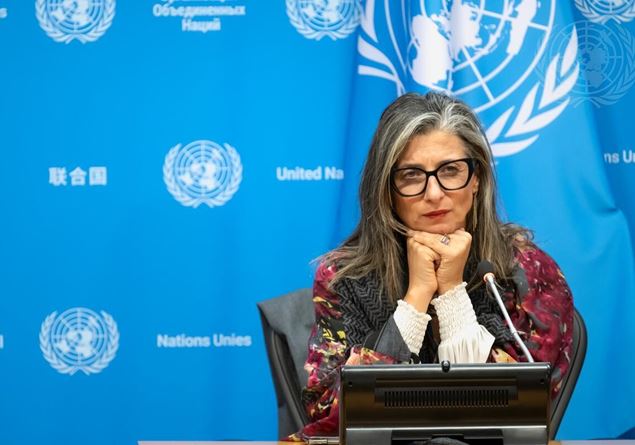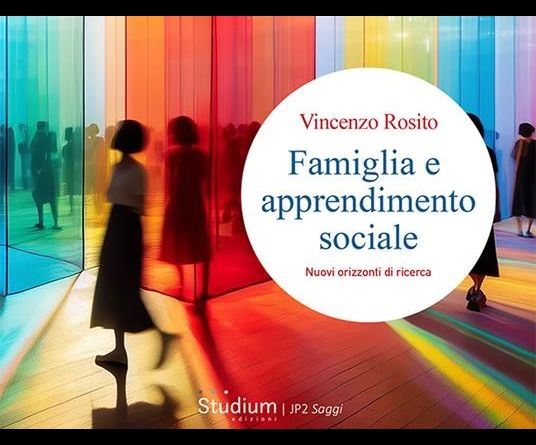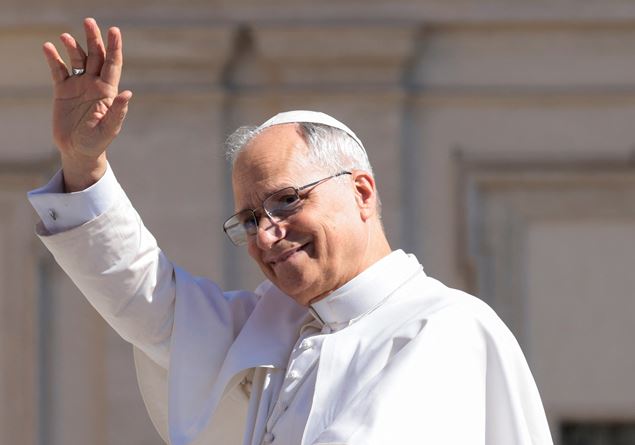In the days of imminence of a conclave, the saying “Chi enters Pope, cardinal”. Be indicated among the favorites to the papal throne, in fact, is often an obstacle instead of a push to the election. If you also put the contrary item of some purple colleague, you will hardly reach the quorum of votes requested.
Among the “manual” cases, he ended, in spite of himself, Cardinal Mariano Rampolla del Tindaro (1843-1913), super-favored with the succession of Pope Leo XIII but victim of the ius exclusivae O right of veto, an ancient privilege of some European Catholic sovereigns to prohibit the pontiff’s election of an unwanted person for political purposes.
Born in Sicily to a noble Palermo family, Rampolla del Tindaro on 1 June 1887 became secretary of state of Leo XIII and, by role and charisma, a great favorite to his succession. As things actually went in the following conclave is told to us by Don Guido Colombo, provincial vicar priest of the Pauline Congregation, as well as the great -grandson of Cardinal Rampolla.
«To explain the trend of that conclave I refer to two sources: the first is a text published a few months ago by the Vatican Apostolic Achivium signed by the French historian Jean-Marc Ticchi; The second are the studies conducted by my own cousin Ida Rampolla del Tindaro. By crossing the information, we can establish that the Cardinal looked with great favor to France to establish cultural relations as well as political, almost certainly the permission that Pope Leo XIII granted the French to get closer to the Republic was favored by the same Rampolla. This rapprochement, however, was particularly unveiled to the triple alliance, especially in Italy and Austria. It was Vittorio Emanuele III himself who read these movements of the cardinal in an anti-Italian key and to press the emperor of Austria to put the veto through Cardinal Puzyna, archbishop of Krakow. So the origin of the veto is actually not as Austrian, as Italian ».
Why was Rampolla del Tindaro considered the favorite in that conclave?
“Certainly the role of secretary of state put him in great emphasis, but his value was higher than this assignment. We also remember his assignment from Apostolic Nuncio in Spain, where he resolved the political controversy of the Caroline Islands, today Canaries. It was a great diplomatic figure who had as a favorite pupil Giacomo Dalla Chiesa, who would then become Pope with the name of Benedict XV. It can be said that the election of Dalla Chiesa to Pope is like a small and good -natured revenge that Rampolla took from paradise … ».
Returning to the Conclave of 1903, what were the voting dynamics before and after the veto placed by Cardinal Puzyna?
“The first votes had been favorable to Rampolla, even if not sufficient to make it elect, the veto obviously decreased the number of votes in the following ballots until the election of the Patriarch of Venice Giuseppe Sarto with the name of Pius X. There were also those who protested for that political interference, in particular the archbishop of Milan, Cardinal Andrea Ferrari”.
What was the reaction to the veto of Cardinal Rampolla?
“He set aside sarrilely by addressing the cardinals:” The serious wound inflicted on the freedom of the Church deeply pains me. As far as I am concerned, nothing more welcome and more desirable could happen to me “. I remember that my grandfather, reporting the fact, added: “… and the cardinal on that occasion taught the education to everyone” “.
He never wonders what would have happened to the Church if there was no veto and had been elected Rampolla del Tindaro instead of the Patriarch Sarto?
«Perhaps the anti -modernist turning point impressed on the church by Pio would not have been or would have been more soft. Some historians are of the opinion that, if he had not died in 1913, at the following conclave of 1914 he would have been elected Pope. Who knows ».
Do you see analogies with today’s situation? In the Conclave there is no longer the right of veto, but perhaps the dynamics come to come together …
“The situation is certainly different today, but there is a non -dissimilar logic, in fact the desire for civil powers and international political powers to insinuate themselves and influence the works of the Conclave transpires. There were wars then as there are today, there were authoritarian heads of state then as there are today, so in my opinion this desire to condition the conclave can also be seen today ».
